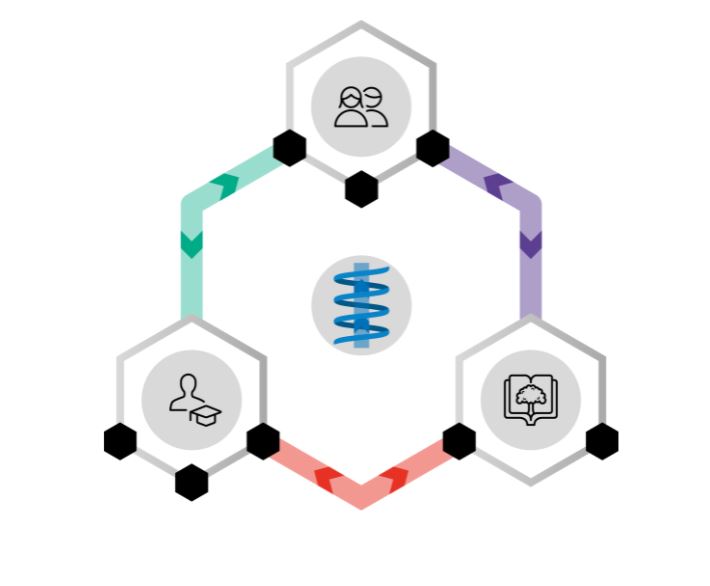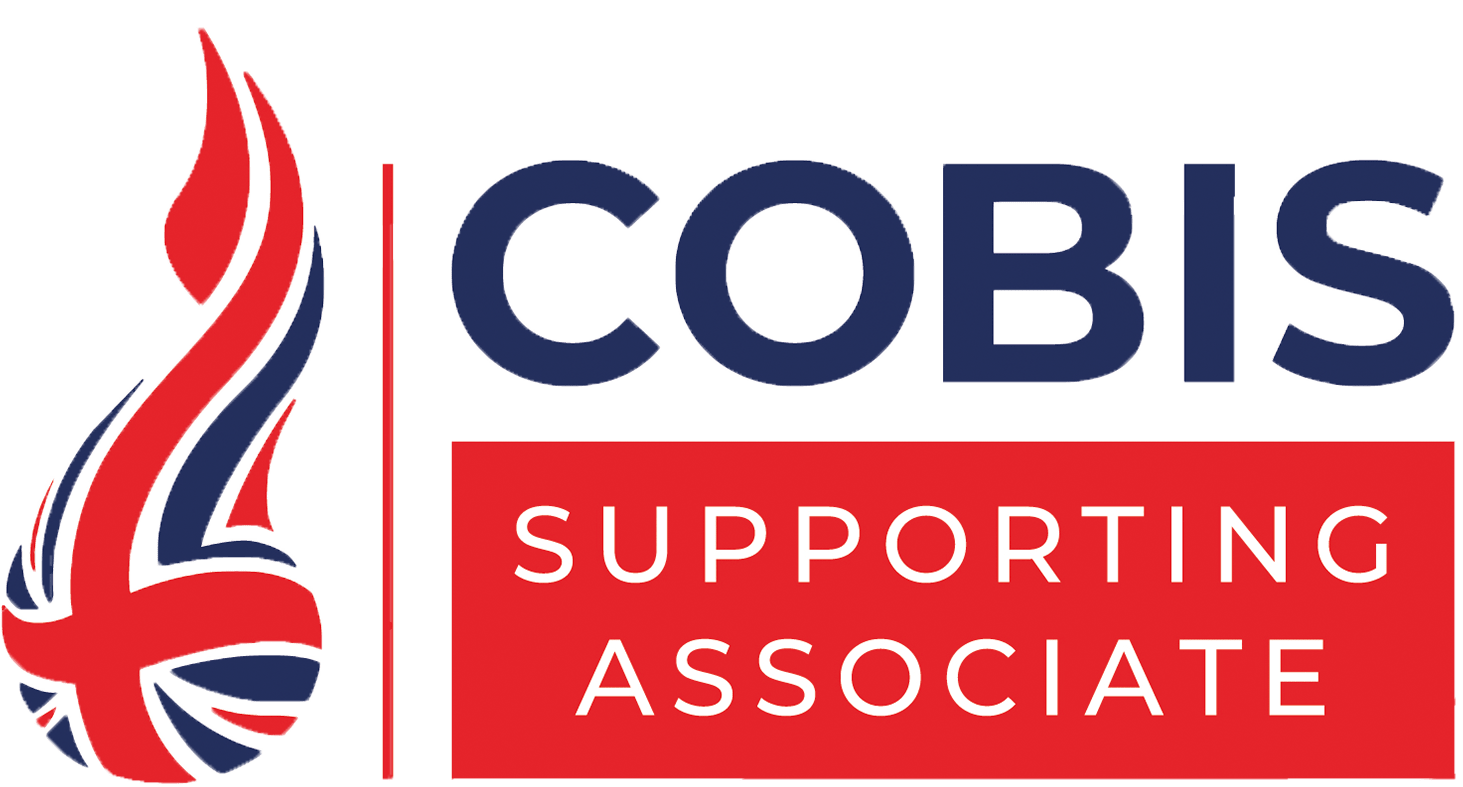Explaining
Part of the Great Teaching Toolkit
FOR TEACHERS
WEEKLY STUDY: 1 HOUR
DURATION: 8 WEEKS
MODE: ONLINE
Summary
This course provides an evidence-based overview of why and how effective explaining helps students learn, and what great teachers do to use it effectively. You will explore how these principles can be applied in the classroom, before practising selecting and adapting individual teaching strategies for different contexts to prepare for the next steps of your personalised professional development.
What will you learn?
Presenting great explanations is not just a generic skill, like being a good communicator: it depends on a detailed knowledge of the content and ideas being explained and how they are learnt. All teachers present new content and ideas to students, but the best presentations have concise, appropriate, engaging explanations that are just right for the students: neither too short nor too long; neither too complex nor too simple. Effective explanations help students to develop fluent and flexible networks of knowledge.
If your students have a good store of well-structured knowledge, and fluent, automated skills, absorbing new ideas and procedures will be much easier for them. In the same way that gardeners prepare the soil before sowing seeds, great teachers prepare their students for new ideas by ensuring their existing knowledge is well-connected, fluent and accessible. In this course, you’ll learn about using explaining for three classroom goals:
- to prepare your students to learn something new;
- to present new content and ideas to your students; and
- to connect new ideas to prior knowledge.
You’ll learn about the value of paying attention to the cognitive load of material presented to your students, and you’ll see how taking small steps, such as limiting the number and complexity of new pieces of information students encounter, can support learning, as well as how including different forms of examples can be incredibly powerful.
Curriculum outline
Over the first six weeks of this course, you’ll explore the evidence on effective explaining, learning how to help your students focus attention and manage their cognitive load by removing redundant information, and by using strategies such as signalling and segmenting. You’ll also explore questioning strategies for checking prior knowledge is accurate, available and accessible, how incorporating worked examples, completion problems and stories can help your students connect new ideas to what they already know, and see how strategies such as concept mapping and self-explanation can support learning.
In the final two weeks, once you have thought hard about the principles underpinning effective explanations, you’ll move on to practise the act of selecting and adapting strategies for use in the classroom, based on your growing knowledge.
What else is included in the Toolkit?
Assessment Lead Programme
Science of Learning Programme
Behaviour and Culture Programme
Creating a supportive environment
Maximising opportunity to learn
Structuring
Questioning
Interacting
Embedding
Activating
An evidence-based approach to Great Teaching
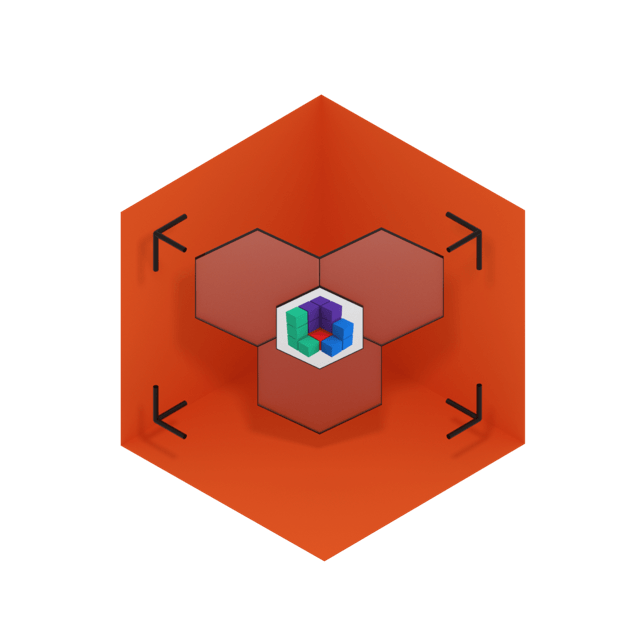
Teacher feedback tool
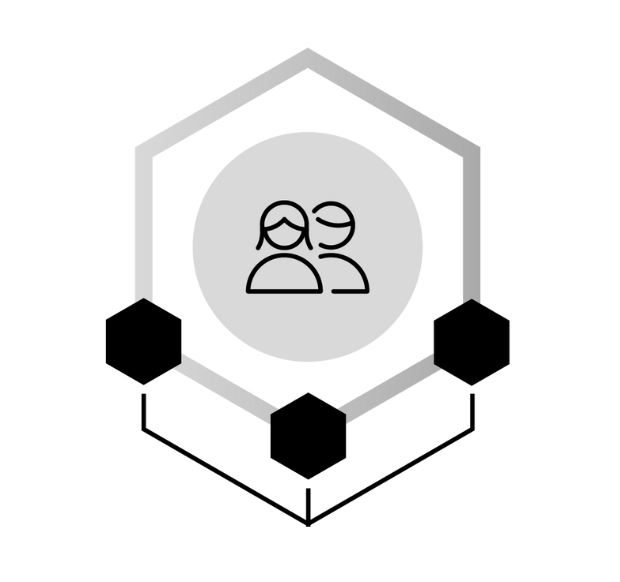
Video observation & feedback
